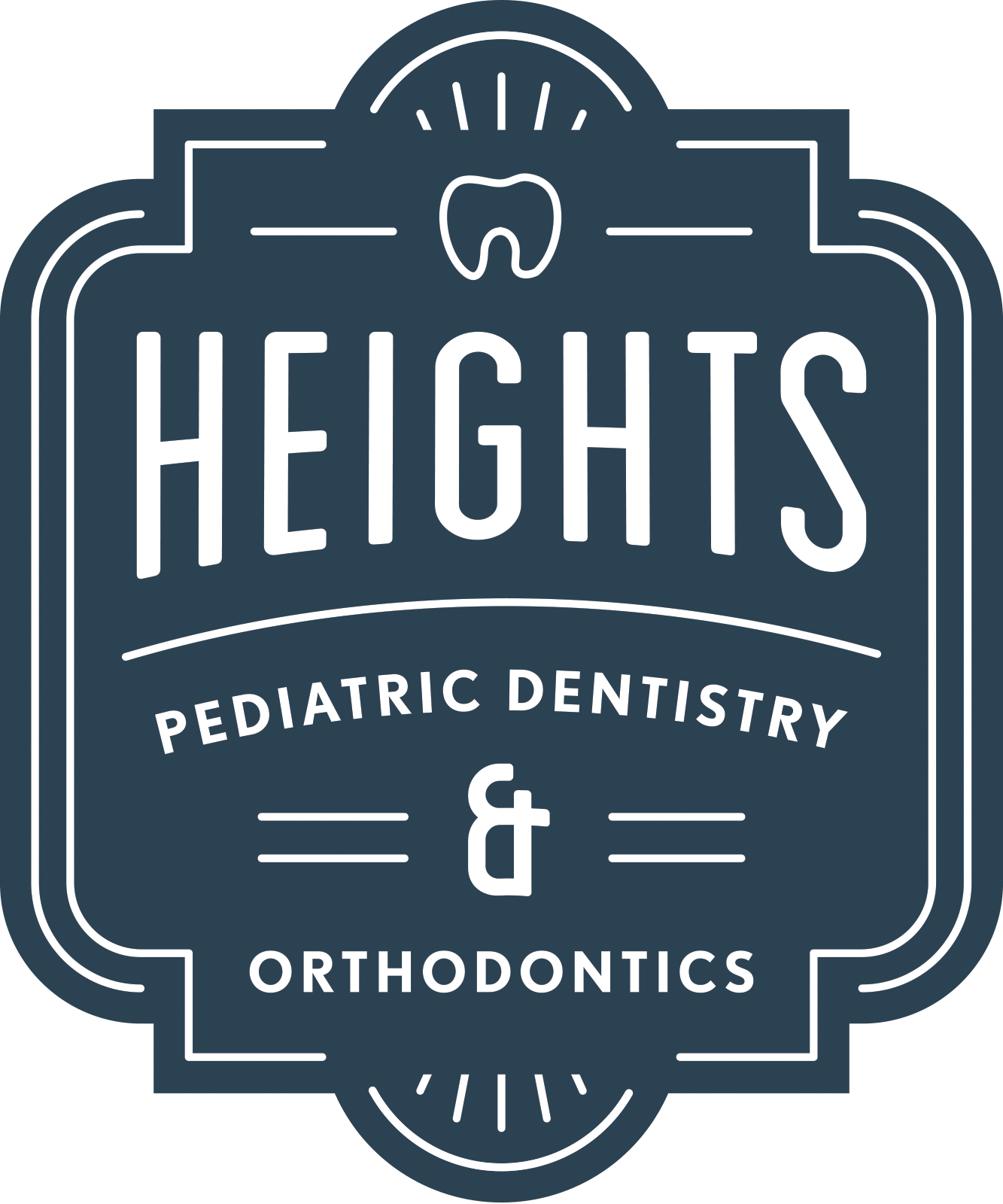Why is my child snoring?
/At Heights Pediatric Dentistry and Orthodontics, we meet and talk to many amazing people in our community during our appointments together. It’s during these times that we discuss not only our patients’ dental health but their overall health as well. One of the topics that we address is airway and snoring, which is a common issue with our kids today.
Snoring is caused by airway constrictions either in the nasal cavity or base of the tongue (tonsil and adenoid region) which causes vibrations in these soft tissues. This airway constriction can also be described as a kink in a hose –no matter the location of the kink in the hose, the kink will not allow anything to go through.
Snoring is a sign of childhood sleep apnea, which is a serious condition, and it is often not diagnosed by your pediatrician. Other signs of childhood sleep apnea include mouth breathing, chapped lips, swollen gums, teeth grinding and clenching, darkness under the eyes, and a narrow arch or upper jaw. In addition, childhood sleep apnea has been linked as the cause of various issues including poor sleep patterns, lack of energy, bed wetting, and most seriously ADHD. As we explain to our patients, it doesn’t matter your age, if you’re not getting good sleep, it’s hard to focus and be your best during the day.
The bottom line is your child should not regularly be snoring. Occasional snoring due to allergies or congestion is common and normal. However consistent nightly snoring should be addressed because it is very curable at an early age. That’s right, if you pick up on these signs and symptoms, there are ways to treat it now much easier than waiting until you’re an adult. Can you imagine avoiding a lifetime of sleep apnea just by early intervention?
Our practice also works closely with various ENT doctors in Houston to diagnose and treat snoring and sleep apnea. In some situations, a sleep study is recommended for diagnosis, which can be difficult for a child to endure. In our opinion, the best sleep study is watching and listening to your child sleep for at least 30 minutes after they fall asleep. Of course, you could always go on a family trip camping or share a hotel room together. You never know what sounds you’ll pick up on. Hopefully you can hear anything over dad’s snoring but that topic is for another time!
Dentists are at the front line for diagnosing childhood sleep apnea and our team looks forward to discussing this important topic with you to help lead your child to a life of better breathing in addition to a beautiful smile!
If you have any questions about how to relieve your child’s teething symptoms, call us at Heights Pediatric Dentistry & Orthodontics, 713-861-4000!
Dr. Lindhorst, Dr. Darsey, Dr. Theriot, Dr. Gavri and the Heights Pediatric Dentistry and Orthodontics Team
